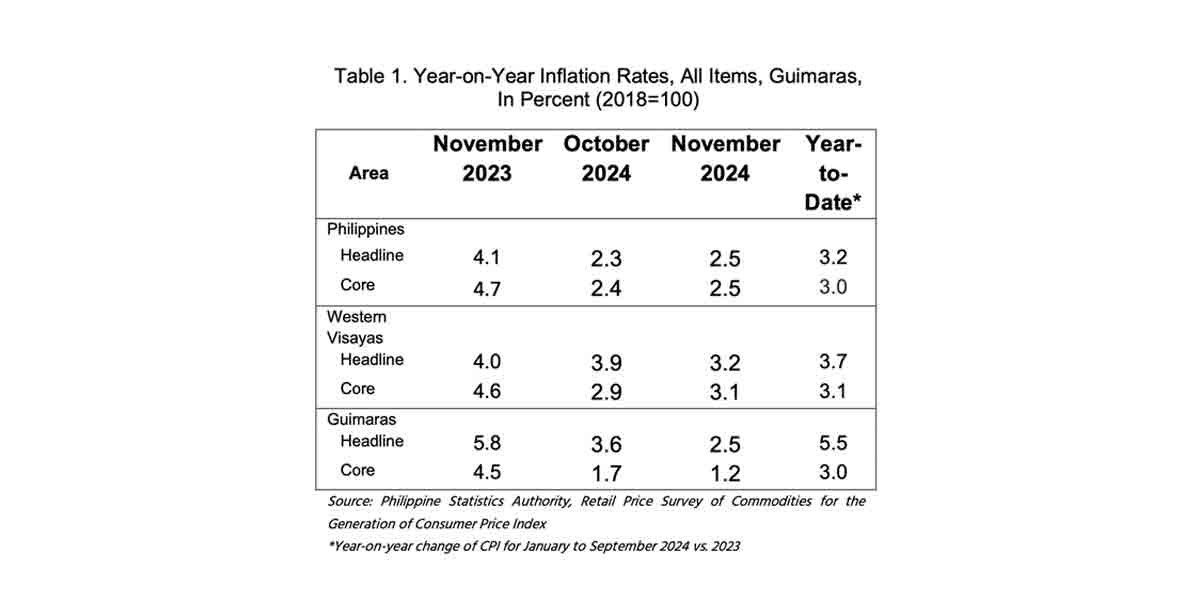The COVID-19 pandemic has had a sweeping impact on economies and financial systems around the world.
The outlook for global economic growth has dimmed considerably in Q1 2020, while turbulence in financial markets has constrained liquidity.
These developments have prompted monetary authorities around the world to step in to cushion economic activity and stabilize financial markets.
In the Philippines, the Bangko Sentral ng Pilipinas has observed some volatility in the domestic financial market in recent weeks, as uncertainty over the impact of the health crisis continues to dampen market sentiment.
While the BSP believes that the Philippine financial system remains sound with adequate capital and liquidity buffers, we also recognize the need to shore up market confidence to ensure the proper functioning of the financial market and prevent serious repercussions on the economy over the medium term.
Therefore, guided by its mandate as the country’s central monetary authority, and in accordance with the provisions of the New Central Bank Act, the BSP deems it necessary to take extraordinary measures to complement the National Government’s broad-based health and fiscal programs in mitigating the impact of COVID-19.
By ensuring sufficient liquidity in the financial system, the BSP aims to assist our financial intermediaries in responding to the needs of Filipino households and businesses amid these challenging times.
These measures include:
-Purchases of Government Securities (GS) in the Secondary Market. On 24 March 2020, the BSP opened a daily one-hour window between 9:30 – 10:30 AM within which it could purchase only selected series of highly traded and liquid GS from banks at market prices. Beginning 8 April 2020, the BSP shall expand the range of eligible securities to cover all peso-denominated GS issuances. The measure is aimed at reassuring market participants of demand for GS should they need to liquidate their holdings, thus encouraging participation in the GS auctions. The window will remain open between April and June 2020, or until market conditions return to normal.
-Reduction in the Overnight Reverse Repurchase (RRP) Volume Offering. Beginning 8 April 2020, the BSP will also scale down its daily overnight RRP volume offering as necessary depending on liquidity conditions to encourage counterparties to lend in the interbank market or re-channel their funds into other assets such as GS or loans.
-Repurchase Agreement with the National Government (NG). Under this repo agreement, the BSP shall purchase government securities from the Bureau of the Treasury (BTr) under a repurchase agreement amounting to P300 billion. The term of the repo agreement shall be three (3) months from the release of the proceeds to the BTr, upon which date the BTr buys back the government securities from the BSP for same amount. The Monetary Board may extend the repurchase period for a maximum of three (3) more months upon due date, if conditions so warrant. In turn, the NG shall use the proceeds to finance expenditures authorized in its annual appropriation, as deemed necessary to support programs to counter the impact of the COVID-19 outbreak in the country.
These extraordinary measures complement earlier actions taken by the BSP to shore up market confidence and cushion domestic economic activity, including:
-the cumulative 75-basis-point reduction in the monetary policy rate since February 2020;
-the 200-basis-point decrease in the reserve requirement ratios of universal and commercial banks as well as non-bank financial institutions with quasi-banking functions (NBQBs);
-the timely suspension of the term deposit facility auctions for certain tenors;
-the temporary reduction in the term spread on the peso rediscounting loans relative to the overnight lending rate to zero; and
-various time-bound relaxation of various regulations pertaining to compliance reporting, calculation of penalties on required reserves, and single borrower limits.
The BSP reassures the Filipino people of its commitment and readiness to deploy its full range of instruments to provide liquidity and ensure the efficient functioning of the domestic financial market.
The BSP will continue to work closely with market participants and other relevant government agencies in monitoring the situation and carrying out appropriate policy responses in a timely manner, in support of the National Government’s broader efforts to mitigate the adverse impact of the health crisis on the economy at large. (BSP)






















